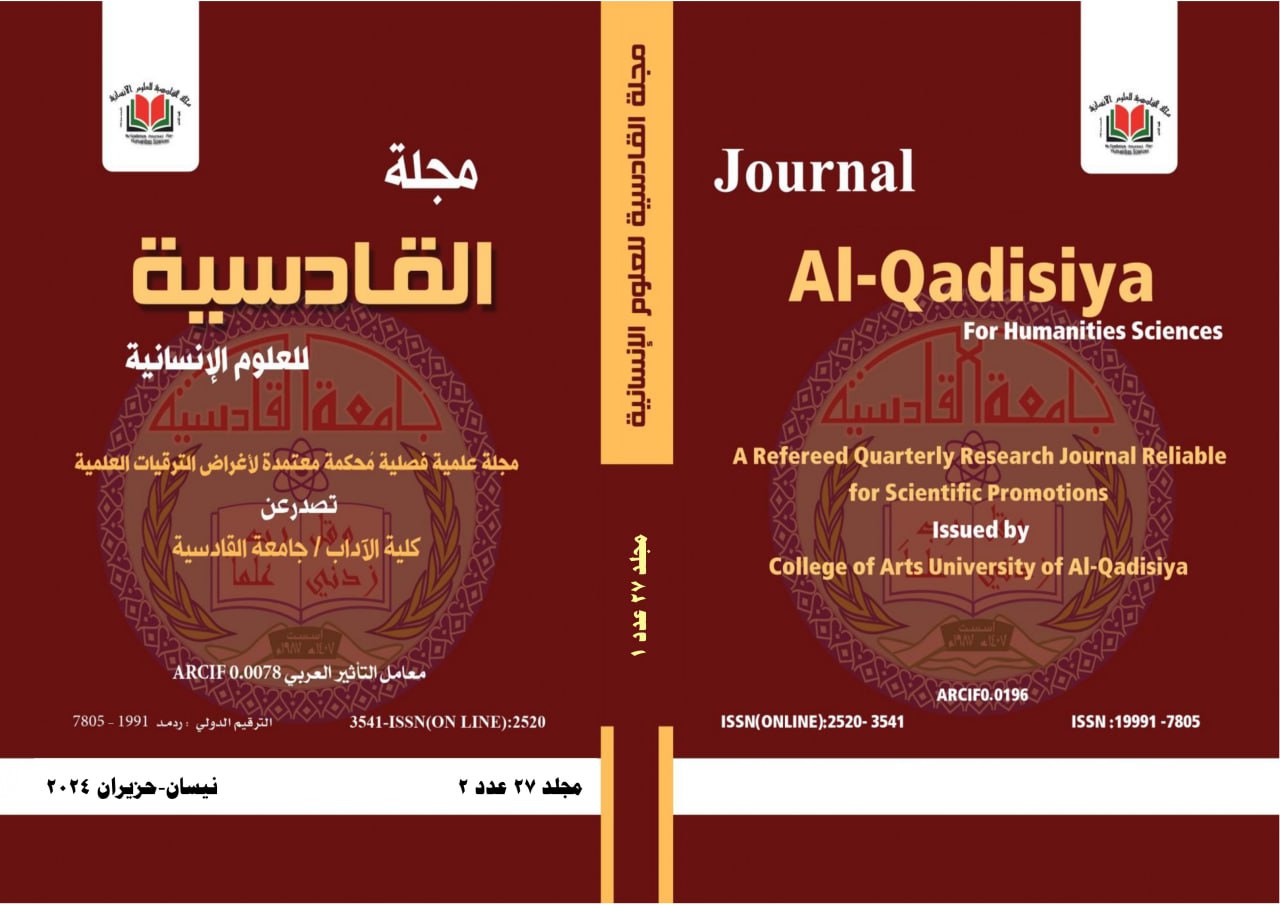Abstract
Student's errors have been tackled seriously by researchers because they are involved in serving the educational and academic field in three related purposes 1); The pedagogical purpose, that is showing the teacher what hisher learners have learned from the topics presented and what areas that are still uncontrolled. 2); The research purpose, students' errors are treated as academic evidence for how languages are learned. 3); The learning purpose, they can be considered as means of feedback to the students to investigate the rule of the target language (Corder (1967) as cited in Eliss and Gary, 2005:49). This study is aimed at gaining more insights into the nature of error making and finding out the oral errors that are often made by the students of the College of Education, English Dep., how do they receive attention from the teacher and how does the teacher corrects them. The study used a questionnaire as a means of collecting information from both teachers and students. Generally speaking, the results show that students prefer the teacher that corrects their errors all the time and errors are not tolerated inside the class. The majority of teachers held positive attitudes towards errors and believe that correcting students' errors makes differences in both of the teaching and learning process. Their practices also indicated that they gave corrections to selective errors and mostly at transitional points with friendly attitudes. Most of them prefer that they denote to their students that an error has been committed by asking them to rephrase the incorrect phrases or sentences in a correct way. Most of the teachers use an elicitation technique in correcting errors and one of the most used kinds is the chain correction technique. The teachers differ in opinion on why correcting students errors. Also they varied in defining the term "accuracy and fluency" according to their own point of view
